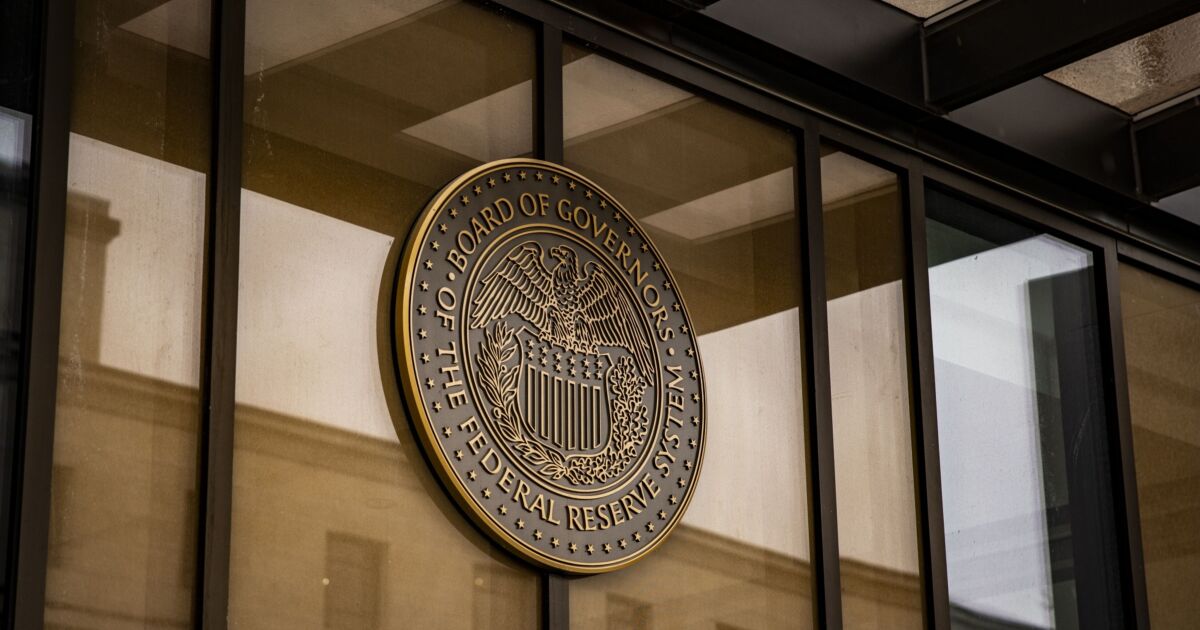
WASHINGTON — Inflation and uncertainty surrounding the direction of federal policy on trade, spending and other issues are banks' top financial stability concerns, the Federal Reserve Board said in a report released Friday.
For its semiannual report on financial stability, the Fed surveyed a range of financial professionals — including broker-dealers, investment fund managers, research and advisory professionals as well as academics — about the top issues facing the financial system. Policy uncertainty emerged as a major new source of anxiety for industry experts — it was cited by 60% of respondents, up from the just 24% of respondents who cited it as a top concern in the Fed's last survey in October 2023.
Since 2019, the Fed has issued two reports on financial stability per year, usually releasing one in the spring and another in the fall.
Persistent inflation and high interest rates remained the top concern across the board, with 72% of respondents listing it as their primary concern — the same percentage as in the October report. The report indicated that interest rates may remain elevated above current market expectations for an extended period and that persistent inflation could prompt a more stringent monetary policy, causing increased volatility in financial markets and adjustments in asset valuations.
But the rise of policy uncertainty — including unpredictability stemming from fluctuating trade policies, influenced by geopolitical tensions such as the conflict in the Middle East and Russia's war against Ukraine that has lasted more than two years — was an unexpected source of market disruption for many survey respondents. Respondents also flagged the upcoming U.S. elections in November as a source of stress.
"Further escalation of geopolitical tensions or policy uncertainty could reduce economic activity, boost inflation, and heighten volatility in financial markets," the report said. "The global financial system could be affected by a pullback from risk-taking, declines in asset prices, and losses for exposed U.S. and foreign businesses and investors."
Concerns about the credit quality of commercial real estate — which was the No. 2 concern cited in the October report — was cited as a top concern among 56% of the survey's respondents. But that fell from 72% in the October report. The Fed noted that prices across all sectors of CRE continued to decline in the second half of 2023, and the report makes clear the full impact of CRE price drops have yet to be reflected in the data.
"These transaction-based price measures likely do not yet fully reflect the deterioration in CRE market prices because, rather than realizing losses, many owners wait for more favorable conditions to put their properties on the market," noted the report. "Capitalization rates at the time of property purchase, which measure the annual income of commercial properties relative to their prices, moved modestly higher but remained at historically low levels, suggesting that prices remain high relative to fundamentals."
Banking sector instability continued to feature prominently despite the report noting high levels of liquidity and low funding risks in the sector since the October report.
While the Fed's emergency lending facility, the Bank Term Funding Program,



